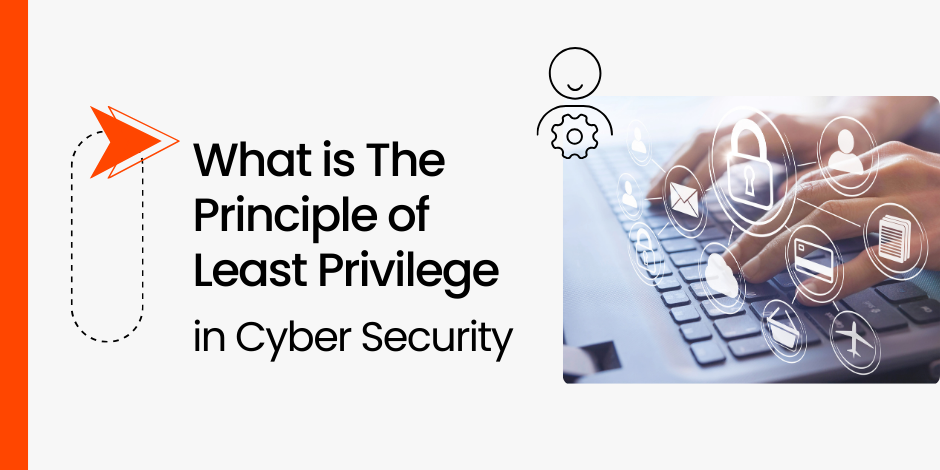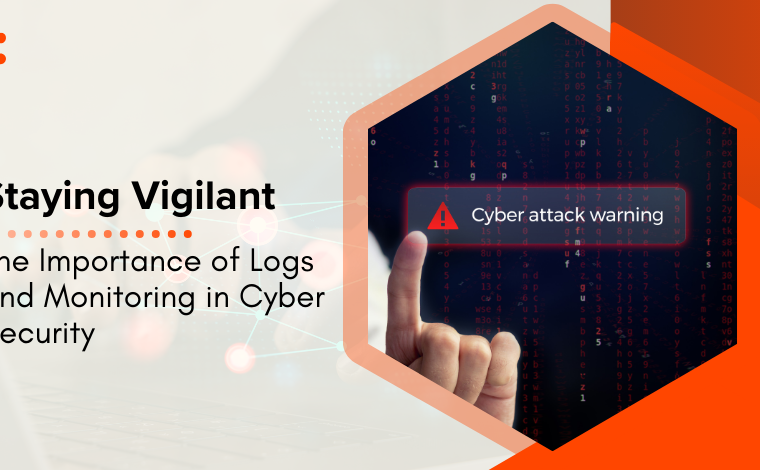What is The Principle of Least Privilege in Cyber Security?

Stay Informed With Our Weekly Newsletter
Receive crucial updates on the ever-evolving landscape of technology and innovation.
The principle of least privilege (PoLP) is a crucial concept in the realm of cyber security.
It is a computer security concept in which a user is given the minimum levels of access necessary to complete his or her job functions.
We explain the principle of least privilege in cyber security and explore how its implementation can significantly enhance your organisation’s protection against cyber threats.
The principle of least privilege explained

The principle of least privilege is a key strategy in mitigating potential damage caused by cyber threats.
It operates on the premise that every module (such as a process, a user, or a program, depending on the subject) must be able to access only such information and resources that are necessary for its legitimate purpose.
By limiting the scope of access for each user, the potential for damage or loss in the event of a breach is significantly reduced.
Origins of the principle of least privilege
The principle of least privilege was first proposed by Jerome Saltzer and Michael D. Schroeder in their seminal paper, “The Protection of Information in Computer Systems,” published in 1975.
The principle has since been widely adopted in cyber security practices around the world.
Implementing the principle of least privilege in cyber security

Implementing the principle of least privilege in cyber security can be a complex task, particularly in large organisations with numerous users and systems. However, several key steps can help in this process.
Role-based access control
This involves assigning access rights based on the role of the user within the organisation, rather than on an individual basis.
RBAC can greatly simplify the management of access rights, as it allows for easy adjustments when a user’s role changes.
Regular auditing and updating
Implementing the principle of least privilege in cyber security is not a one-time task. It requires regular auditing and updating to ensure that access rights remain appropriate as users’ roles and responsibilities change.
Regular audits can help to identify any instances where the principle of least privilege has been violated, allowing for swift remediation.
This is a crucial step in maintaining a robust cyber security posture.
The benefits of the principle of least privilege

The principle of least privilege offers several significant benefits in terms of cyber security. By limiting the access rights of users, it reduces the potential for damage in the event of a breach.
Reduced risk of insider threats
One of the key benefits of the principle of least privilege in cyber security is the reduced risk of insider threats.
By limiting the access of each user, the potential for damage caused by a disgruntled or malicious employee is significantly reduced.
Improved compliance
Another benefit of the principle of least privilege in cyber security is improved compliance with various regulations and standards.
Many regulatory frameworks, such as the General Data Protection Regulation (GDPR), require organisations to implement appropriate access controls, including the principle of least privilege.
Conclusion
The principle of least privilege is a fundamental concept in cyber security. By limiting the access rights of users, it can significantly reduce the risk of a successful cyber attack.
While implementing the principle of least privilege can be challenging, the benefits in terms of improved security and compliance make it a worthwhile endeavour for any organisation serious about protecting its data and systems.
To enhance your understanding of the principle of least privilege and its role in bolstering cyber security, consider delving into The Institute of Data’s Cyber Security program.
If you would like to discuss our programs in more detail, consider booking a consultation call with a member of our local team.




